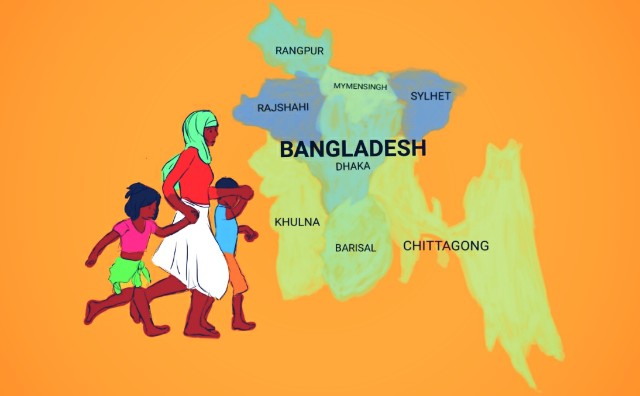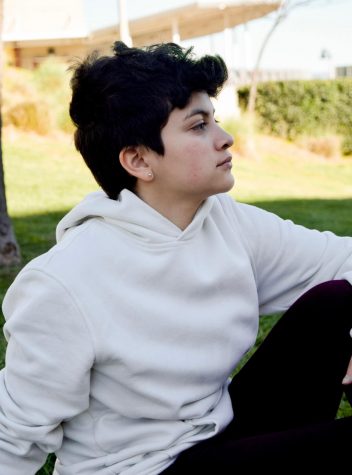The silent genocide that nobody knows about
The Southern Asian country going beyond human rights.
Photo by Laura Rico-Zarate
February 5, 2019
The atrocities committed in Myanmar have lasted 17 months with no apparent sign of ending anytime soon. What started as a small Rohingya militia attacking the local police force in August of 2017 has escalated into nightmarish cruelty at the hands of the Myanmar military and local Buddhist extremists, causing approximately 700,000 to 900,000 Rohingya refugees to flee into the neighboring country of Bangladesh, and at least 10,000 deaths. The military has continued to loot, burn down and destroy 392 Rohingya villages across Myanmar, with widespread sexual violence being committed against women.
The Rohingya Muslim community has always been a large minority in Myanmar with constant discrimination, ostracization and denied civil rights for decades. These attacks against the Rohingya may very well be an attempt to remove their identity from the nation through uprooting them and wiping away their traditions, culture and lifestyle. Many agencies of the UN and its official members have described these actions as “ethnic cleansing,” and “genocide.” Myanmar forces claim to be carrying out a campaign of counter terrorism and promotion of stability in their Western region.
Various meetings have been called between UN members to discuss the Rohingya crisis. The office of the United Nations High Commissioner for Human Rights declared that the Myanmar military, Senior General Min Aung Hlaing, and several of its commanders should be tried for “crimes against humanity” in the International Criminal Court. The U.N. Human Rights Council has also voted to approve the establishment of an “ongoing independent mechanism” for Myanmar that would collect, concentrate and preserve evidence that could later be used in an eventual court case. Myanmar, however, stands strongly against these decisions, believing that the UN courts do not have the authority to try against them.
“Min Aung Hlaing and others should be held accountable for genocide in Rakhine and for crimes against humanity and war crimes in other parts of Myanmar,” said Yanghee Lee, the United Nation’s Special Rapporteur on Human rights in Myanmar.
The Rohingya encampments in Bangladesh are severely overcrowded with basic medicine and assistance being provided for. No help has been offered by the Neighboring nations—China, Pakistan, India, and Thailand—to aid Bangladesh with its sudden rise in immigrants. Wealthy nations, such as the U.S. and Europe, are busied by their own issues with immigration to provide aid.
“Given the nature of what needs to be done, NGOs, social media or the national judiciary systems which have played a critical role in the domestic sphere, cannot take the lead. The responsibility for this falls squarely on the shoulders of governments—they must not fail,” said Leila Yasmine Khan, a writer on international development for the New Straits Times.
Despite being carried out for so long, the persecution and suffering of the Rohingya Muslims have been pushed into the back of media consciousness. Nations across the world have all agreed that action must be taken to end the genocide, but clear measures have yet to be taken. It is uncertain how much longer it will take for the genocide to end or for the world governments to properly step in.
What measurements do you think should be taken? Answer in the comments below.







